 2.0
2.0Illuminations is an outdoor research school. It is planned to be a breeding ground for thinkers from different countries, communities and academic cultures interested in common topics. We want it to become the melting pot of new ideas. Our task is to cooperate over texts, theories and concepts. Closing in the “native” community (indefinitely branched), limiting oneself to a “primitive territoriality”, the philosopher acquires shell and “roots”. We want to grow a rhizome. Adjusting to tastes and needs of the audience, to which a thinker is accustomed, she is increasingly removed from daily issues, answers to which become philosophical concepts.
The problem of “curved optics” and the experimental foundation isn't new in science and each discipline responds to it in its own way: sociologists have respondents, anthropologists have field studies, political scientists have political reality, physicians have patients, and urbanists have urban environments. Natural scientists, as Latour notes, initially work with “numb” things. What kind of “interlocutors” philosophy has in addition to other philosophers and laymen with their meaningless “opinions”? Is it possible to talk about specific “metaphysical experience”; is “experimental metaphysics” possible? It is sometimes stated that philosophy – as mathematics and the theory of natural sciences – must find itself in the realm of pure speculation. New “speculative” wave and ontological turn both disprove this old delusion, producing new hybrids of theories and practices, ontologies and epistemologies, speculations and materialisms, natures and cultures.
The school provides its experimentum crucis, i.e. to place well-known specialists, developing various projects, in an enclosed space and wait. Siberian forest should be a meeting place for ideas that could not meet elsewhere. The limited means of communication with the outside world (there is no Internet in the Tyumen forest) creates a situation, where everyone speaks for herself and not as a representative of her academic networks and hierarchical groups. We are working to ensure that the dichotomy of the periphery and center is no longer valid. We want to create a unique atmosphere which would be conducive to dialogue and collective writing in a perfect case. We believe that a hybrid theoretical project is more viable than rather anemic and fading theories with a good pedigree.
We want to create a productive intellectual environment on the borders of academia, which would cross it freely. We remember places, where an intellectual ferment took place in different epochs: from the French salons of the Enlightenment to the Viennese cafes of the early twentieth century. We want to gather in the Siberian outback a critical mass of researchers for at least one week. Illuminations changes people. We hope, for the better. And we invite you to check it out.
Foundation and justification in English can be expressed by the word grounding. The foundation requires evidence to resist, the building requires an extensive projective depth. Various representatives of European philosophy from Descartes to Kant placed the problem of foundation higher than the problem of experience and being. The paradox is that the foundation justifies itself. The law of sufficient ground supports the world in which it exists. It is not a matter of difference between optics and descriptive languages, but of the way of thinking preoccupied with its own foundation. Another crisis of the foundation forces us to ask, whether the problem of foundation is a pseudo-problem.
Is there a symmetry between institutional forms of knowledge and “progress of science”? How everyday experience and practices of specific disciplines are related to speculative projects? Does it make sense to talk about “scientific wars” or is it just the Enlightenment’s preventive struggle against obscurantism, a counter-rebel operation of the legitimate government of Reason against the terrorism of “post-truth”?
While addressing theorists of institutional theory and speculative thought, this track implies that there are different answers to above questions.
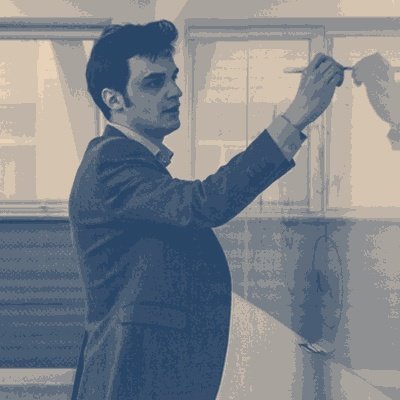
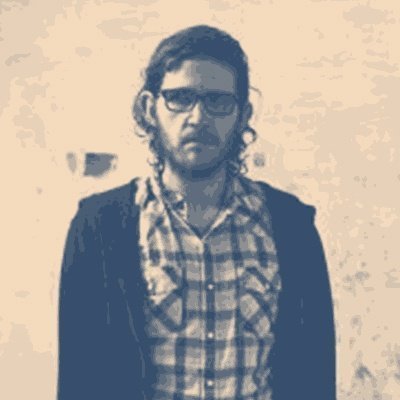
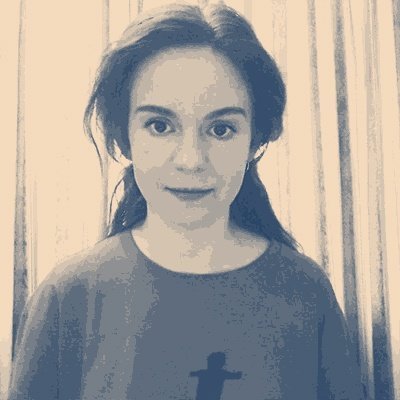
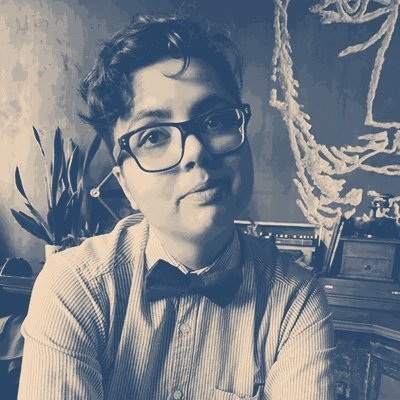
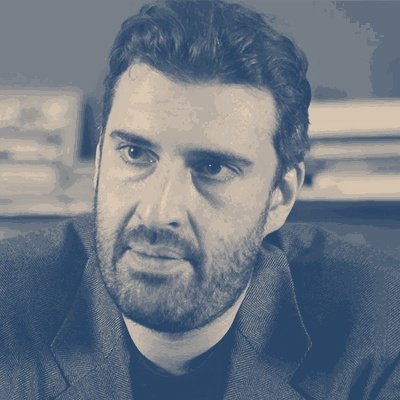
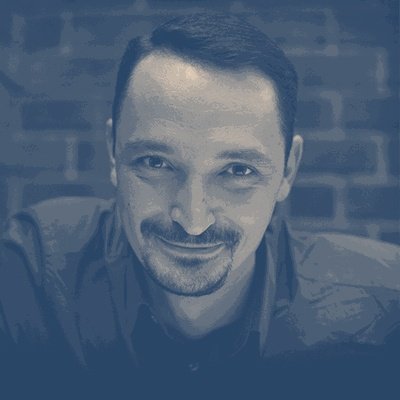
The concept of formalization has provided us with some of the most fruitful developments in diverse contemporary theoretical domains. From analytic philosophy to the computational methods, it allowed for novel frameworks and results to emerge and ground some of the most exemplary achievements scaffolding techniques central to scientific advances. The study of metamathematics, foundations, and recursion theory have been essential to these. Even the inherent limitations of such methods, as showcased in the works of Godel, Tarski, and Turing brought about a new paradigm of thought going beyond classical philosophical and mathematical topics.
Exploring the developments in AI, Homotopy Type Theory, Automatic Theorem Proving, and Independence Phenomena, the course will provide scholars with tools to analyze the past and future of formalist methodology.
The track will be divided into two sections. The first two sessions of each day will be devoted to lectures by invited scholars and their subsequent discussion. The last session will be devoted to the close comparative study of two essential texts in understanding philosophical attitudes of formalization: Carnap’s “Logische Syntax der Sprache” and Brandom’s “Articulating Reasons.”
The working language of the summer school is English. Hence all the lectures, discussions, and debates are to be held in English as well. The applicants are, therefore, required to have at least a moderate knowledge of English as well as some practice of its use in an academic setting.
While the topic of the course is centered around mathematical aspects, no knowledge in the field is required, although recommended. The admission process will primarily look at interest in the subject, ability to tackle issues in a productive and valid manner, as well as conceptual grasp of various problems in ideal-language theories, foundations of mathematics, foundations of computer science, philosophy of mathematics/logic/science.
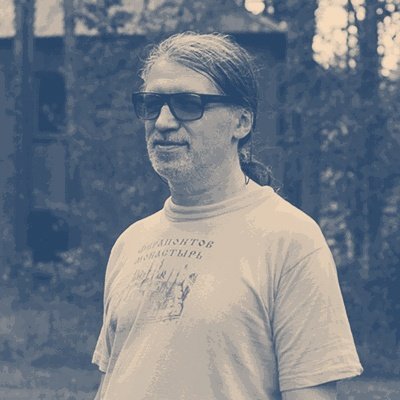
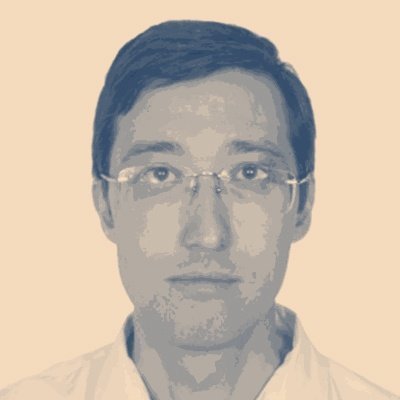
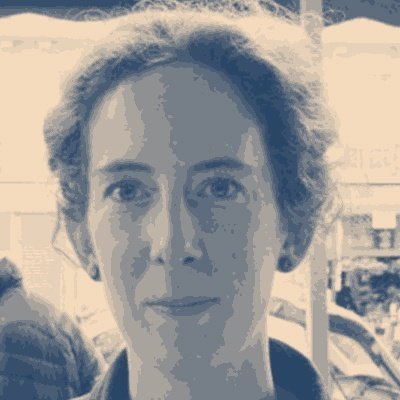
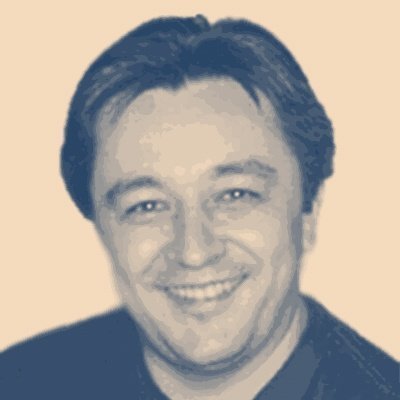
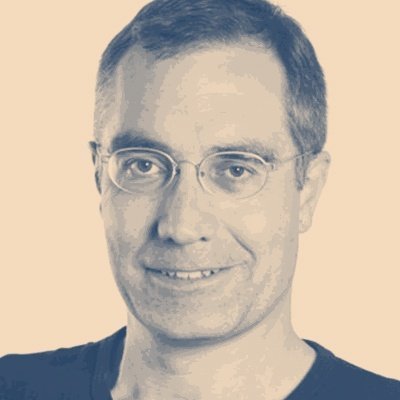
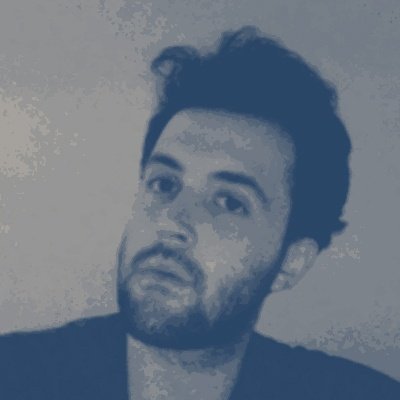
Common sense argues that abstract thought does not affect “real life” and is separated from everyday life and the real economy. But practice shows that such projects often become catalysts of change and allow to collect scattered images of the world in a certain landscape that combines various languages, technologies, and styles of thinking. The Cartesian cogito, Kant's critical project, the study of class struggle or economic “effectiveness”, the war of actors and networks — were theoretical explosions that raised high waves that covered social life. Ultimately, they've fundamentally changed the theoretical landscape of Western society: from the practice of specific sciences to trading on the stock exchange.
How does the big theory affect radical changes and what is the difference between it and strictly empirical science?
General introduction, participants’ introduction. Posing of general question of formalization through the prism of general apparatus of mathematical proof. Historical introduction into the project of formalization.
Session 1: Introduction
Session 2: Brendan Larvor: The Rigour of Real Mathematical Proofs
Section 3: Carnap I
The first step in building a theory is often a problem that does not find a solution in everyday life. What is more important - a priori grounds or evidence base and the grounding of theoretical intuition – which finds itself in the real world – from the laws of logic to the construction activities of bees who do not think like architects. Institutions are created by people who originate from certain ideas about the world and rationality, shaping its design and creating certain theoretical models. The connection between institutional reality and a theoretical one is a double bind: they justify each other without any external form of validation.
Is it possible to break such a link or is any theoretical project doomed to line up according to this scheme?
Consideration of issues and obstacles of the formalization’s apparatus, possible ways to resolve them, the provision of positive and negative results in both mathematical and cognitive disciplines. Consideration of the issue of inferentialism as an alternative approach to the arguments about the semantic field.
Session 1: Irina Starikova: Thought Experiments
Session 2: Igor Mikhailov: Computations and Representations in Cognitive Science
Session 3: Brandom I
Institutions are created by collectives and reflect the experience of a particular society. How do institutions become so global that they make us think within certain limits? The French model connects the genesis of institutions with public opinion, its critics - with tradition, contemporary technocracy highlights new principles of institutions' work, which are related to the scientific justification of their effectiveness. Radical institutionalism in the French version (from Foucault to Latour) describes how the genesis of the fundamental categories of Western rationality – from subject to nature – is linked with institutions. Inspired by neoliberalism radical technocracy considers institutions as an easily changeable parameter of the social machine. What is the real institutions' role in the foundation crisis? Are they a product or a source of social norms?
Hilbert’s program throughout consideration, its development and alternative approaches to it; we’ll consider in this regard constructive computational systems’ apparatus, the concept of intuition, and the Project of Univalent Foundations.
Session 1: Andrei Rodin: Proof-Verification and Mathematical Intuition I
Session 2: Andrei Rodin: Proof-Verification and Mathematical Intuition II
Session 3: Carnap II
Great empires of the West seemed to have ceased to exist after two World Wars and the waves of decolonisation, formally abandoning world domination. But is it really so? Has the “White Man’s Burden” been inherited by Western science? Haven't dragons moved to the laboratory, hiding behind the facade of "rationality"? Do they again impose a dictatorship of progress, rationality and efficiency? Perhaps old empires don't cease to exist, but in a mutated form, filling the collective “imaginary”. We are interested in the role that science and, in a broader sense, experts play in this process. How does Academia change with society? Can we talk about academic neo-colonialism today and how does it manifest itself? Is there a symmetry between political and scientific institutions and does it still make sense to talk about academic autonomy? In Roger Zelazny’s fairy tale, dragons live on a map behind a mountain range, because we don’t know that there actually is lurking in technology's black boxes and metaphysics' axioms, as it is the case with Western science.
Formal approach’s applications, an analysis of various aspects of culture and science with a help of mathematical and formal instruments.
Session 1: Peli Grietzer: Latent Variable Generative Modelling, 'Soft' Structures, And The
Epistemic Role Of Art
Session 2: Serge Kovalyov: Machine Intelligence in Engineering of Axiomatic Systems
Session 3: Brandom II
In a political sense, the global project of decolonisation implies giving the word to those who were previously deprived of it: natives, minorities, women. It is intended to change the hierarchical relationship between the center and the periphery radically. It is not limited to political emancipation, however, and it criticises the traditional foundations of Western rationality, emphasising its territorial, racial and gender character. In this respect, historically it inherits the long-forgotten early Soviet project of "proletarian science," aimed at overcoming theoretical foundations of "bourgeois ideology." At the same time, it is increasingly stated that “new criticism” is completely assimilated by “cognitive capitalism” and in one form or another is used to promote a neo-liberal project on a global scale, denying the sovereignty and unity of various groups. A partial response to this criticism is the idea of “convergence” of various types of struggle and a critical rethinking of categories traditionally associated with the essentialist or reactionary type of thinking, such as territory and “blood” (as a primordial understanding of corporeality). Is it possible to reclaim the land, a specific identity and one’s own body, avoiding “reactionary reterritorialisation”?
Discussion of central questions within ZF(C)’s framework, philosophical approaches to aspects of incompleteness and modeling, which are crucial for general formalism’s project.
Finishing of Carnap’s and Brandom’s readings, summary and discussion of new issues that have arisen during the research week in the general context.
Session 1: Nemi Pelgrom: Unsolved Problems in Formalizing Informal Mathematics
Session 2: Deborah Kant: Philosophical Approaches to Independence
Session 3: Carnap+Brandom III
Institutions directly influence development of technology. But is there a direct feedback and how does it manifest itself? Technologies are created under certain conditions for specific problems, but they are able to go beyond the current framework and set their own agenda. Drones, social networks, video games, intellectual infrastructure - all of them begin to behave differently at some point relatively to their creators' intentions. We can treat it as a side effect and resume a search for a solution to a problem that was initially posed, but we can formulate the problem in a new way. Technologies are far more often interact in more stable ways with human actors and form new “devices” that can be considered as a new type of hybrid actors. Thus, they change - or even completely eliminate - the boundary between the human and the inhuman. Perhaps technique allows us to rethink the problem of the foundation and change not only our way of perception, but also the reality itself.
The basic principles of the school: the quality and openness of the presented theoretical projects.
The organising committee invites curators to participate in a closed competition, each of whom is free to completely determine one of the tracks: speakers, themes, frameworks for work. When choosing curators, our criteria are how elaborated your project is, how it is potential, innovative, large-scale and how consistent it is, as we call it. Such editorial policy allows to have a coherent narration, while remaining relevant and open. We are not limited to any discipline, gender, status, age or other formal framework. Motivation is important for us, as well as skills and willingness to engage in work on the project.
We believe that philosophy should not go away from everyday issues and become a manifesto. This means that a slender, convincing narrative, a willingness to listen and discuss, is more important than different types of performativity, disjointed speech or unsubstantiated statements. We are concerned with current topics, but we do not welcome the way of thinking associated with various forms of mystification and arrogant division of the world into philosophers and ordinary people. If a theory is not understandable to everyone who wishes to understand it, with certain efforts on his part, and if for its receiving it requires “special sensuality” or “an altered state of consciousness” - we will not work with such authors.
The attitude of the school is to preserve the atmosphere of safety and calmness of participants. Criticism can be to any degree harsh when it is directed at thoughts, not at a person. For us, the right of everyone to their own decisions and respective consequences is important, but we will not tolerate coercion or other ways of establishing an authoritative hierarchy within the school space. We are against academic arrogance; public manifestations of racial, ethnic, confessional, gender and other forms of hostility; sexual harassment, stalking, bullying, as well as radical criticism from the “oppressed” using a minority, as a way of domination.
We respect everyone’s right to privacy and will make every effort to realise it. The Organising Committee hopes that the participants will not violate these norms, but if necessary, measures will be taken, including: exclusion from a project, an impossibility of further cooperation and making the incident public, as well as other sanctions.
We like homely and free atmosphere of the school, which we will definitely keep
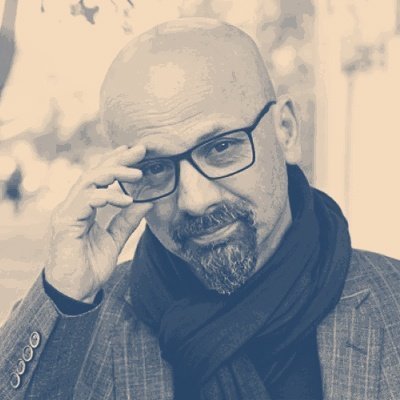
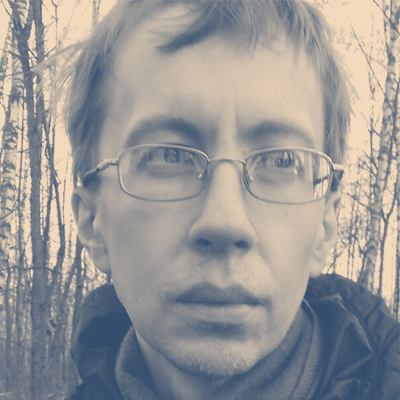
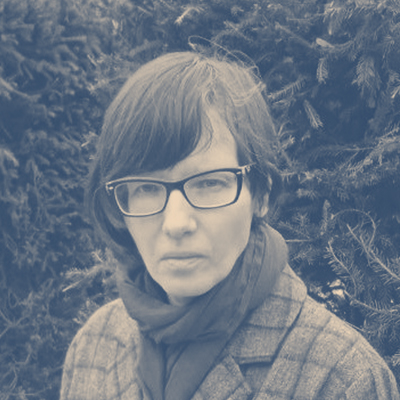
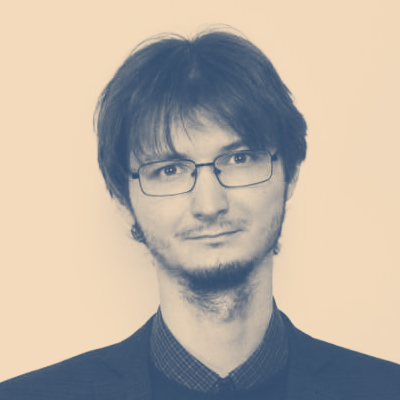
For any questions, please contact e.samokhvalova@utmn.ru
School attendance is free.
The working language of the school is English.
Organisers cover accommodation (2-4 bed rooms in cottages), meals for entire school period, transfer from Tyumen to the venue and back
Anyone can apply, the only requirement is a full age (18 years)
In order to pass the competition and get the right to participate in the school, you have to write an essay on the main topic of one of the tracks.
The language of an essay is English. An essay should contain no more than 1000 words.
You must fill out a questionnaire and send an essay with the mark “Illuminations” to centernewphilos@gmail.com
Deadline application - July 15th.